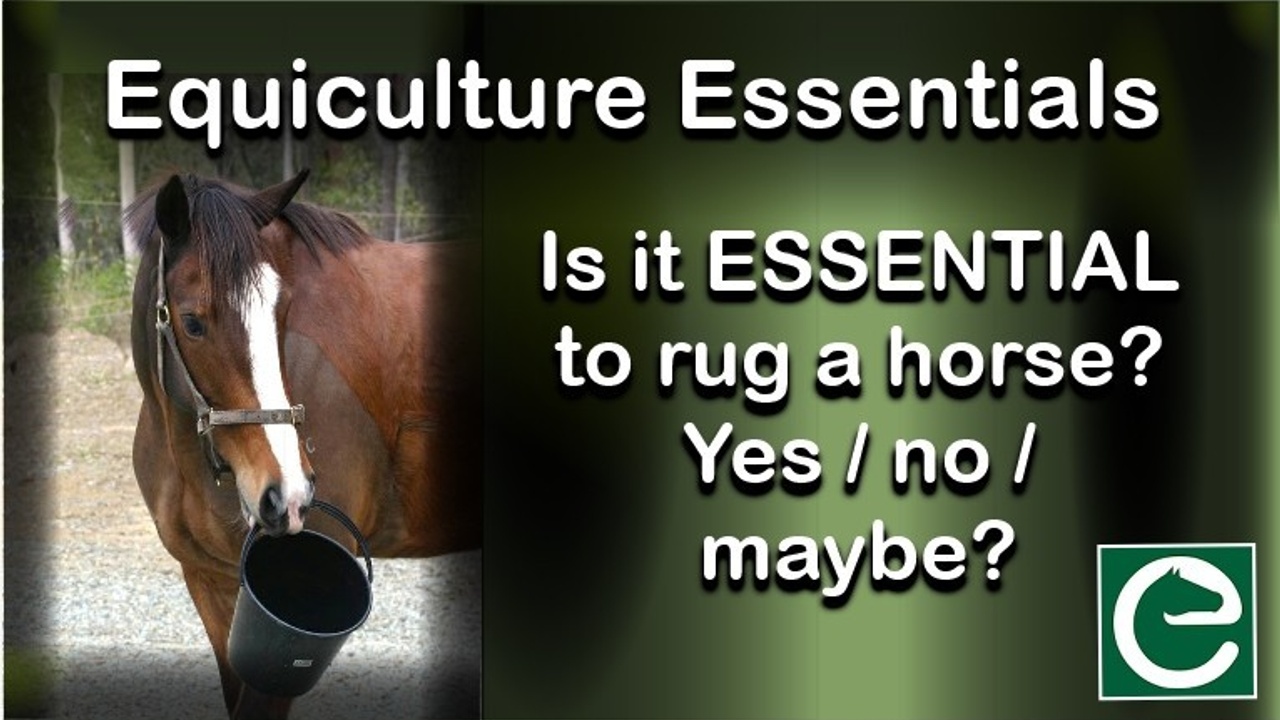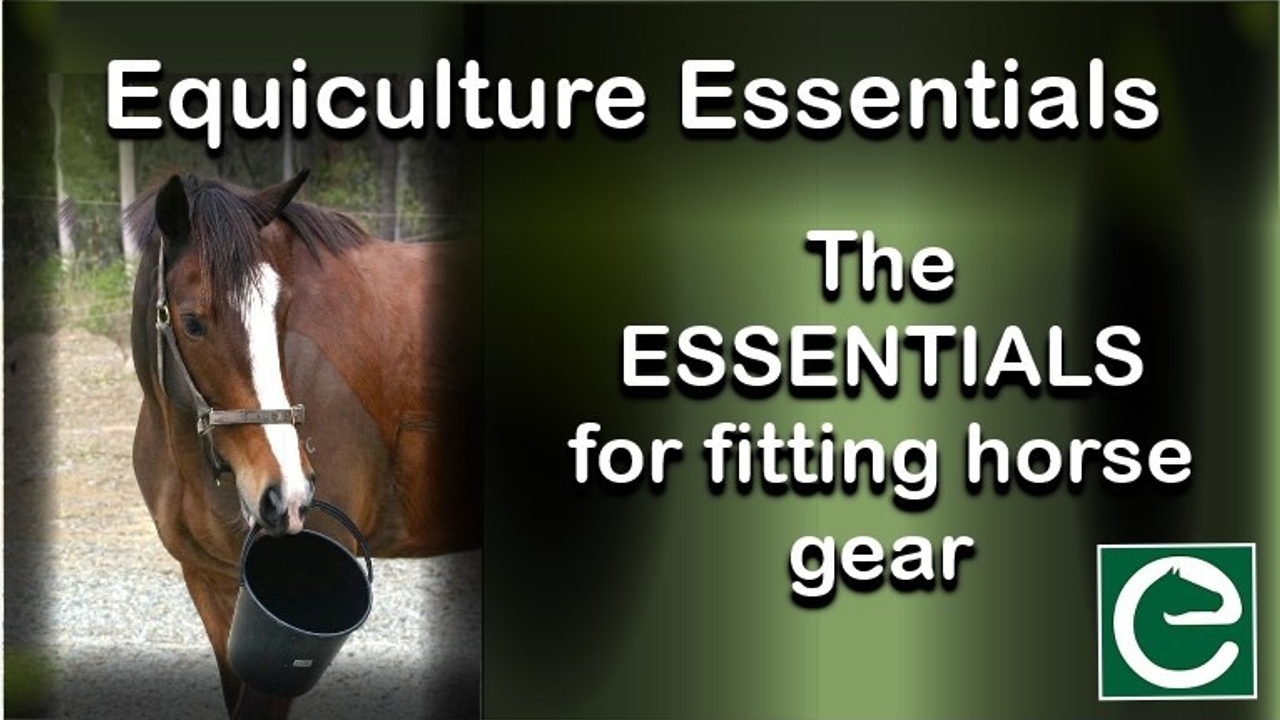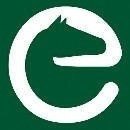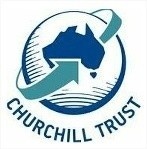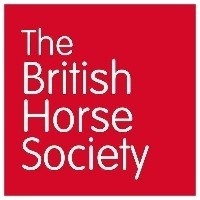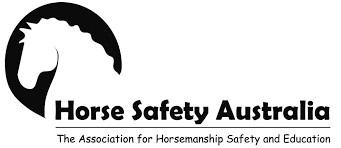The ethical horse care, management and welfare blog articles and videos together in one place
Good (indeed great) horse care, management and welfare are essential. Learn what you need to know here.
This page brings all of the Equiculture Essentials horse care, management and welfare articles (and videos) together on one page. Become the horse owner your horse wants you to be. Education is the key to a healthy horse and happy owner.
First of all learn about the 3 Fs for horses - Friends, Forage and Freedom
Horses and Friendship
Horses are highly social herd animals that develop strong bonds with other horses. If we separate horses, we deny them this basic need which can cause behavioural and management issues for them and problems for our land (think 'walking the fence lines' etc.).
All horses need companionship, and as a responsible horse owner, you must aim to ensure that this basic need is met.

Horses ideally need other horses for companionship; lacking other horses, they will form bonds with other animals, cattle, sheep, goats etc., but this is no natural substitute for another horse.
We as owners like to think that our horses bond with us, and they do to a certain extent, but besides the fact that we cannot live with them 24/7, we should never assume that we are a good enough substitute for another horse.
There is an article about companionship below in the Companionship section.
Stick with us, and we will show you the Equiculture way of keeping horse/s and how you can ensure your horse/s friendship needs are met.
Horses and Forage
Horses are fibre-processing animals. Everything about their behaviour and how they are put together (their physiology) enables them to thrive on a high-fibre diet. Fibre is essential to the workings of their digestive system, so a high fibre level must be maintained.
Because fibre is SO important to them, horses become mentally and physically stressed when it is restricted.
So a horse should have access to as much high-fibre, low energy/low protein forage (hay/grass) as needed. Fibre should always be available if you can source low energy/high fibre forage, so they do not get too fat.
There is an article about feeding a high-fibre diet lower down this page in the feeding and watering section.
Stick with us, and we will show you the Equiculture way of keeping horse/s and how you can ensure you feed your horse/s in the most natural way possible in your situation.
Horses and Freedom
Horses should be free to make at least some choices in their daily lives.
Domestic horses are often ‘micro-managed’ - kept in stables, given their food in weighed-out amounts in nets and buckets, only brought out to ride or to train.
Sometimes every aspect of their day-to-day life is dictated by a human.
In the case of domestic horses, compromises must be made due to the constraints of boundary fences, etc. But within these boundaries, we can usually give our horses some choices and, in most cases, lots of choices. At the same time, we can meet their other needs and ours.
If horses can make choices, they usually become calmer and easier to manage.
Stick with us, and we will show you the Equiculture way of keeping horse/s and how you can give your horse/s the freedom to make choices that will result in less stressed, calmer, safer horses.
The Equiculture Essentials of Horse Care and Management
Feeding and watering horses
Horses need clean, fresh water available to them at all times.
Feeding is a little more complicated; however not usually as complicated as people often make it. Keeping it simple and as natural as possible has excellent benefits for your horse/s, for you - and the environment.
When horses are kept the Equiculture way, they eat a very high fibre diet (ad-lib if possible). The water and hay are usually placed in the 'loafing yard', and the horses can access it at all times.
Read more about what horses really need to eat:
Also about the pros and cons of the weight management strategy of using a grazing muzzle:
"My biggest surprise is that we can have an arrangement that makes feeding, etc. super easy for the humans who have full time day jobs (the horses come to us!), while at the same time it is the best thing for our land! Doesn't get better than that!"
Dorothy Nuess (Australia)
Horses and exercise
Horses are naturally active animals. A lack of proper exercise leads to behavioural problems, obesity (and therefore more risk of severe health issues such as Laminitis), circulation problems etc.
One of the best ways for a horse to get their core exercise is by grazing - because horses walk continuously while they graze, especially if the pasture is biodiverse. But also, they may need additional exercise; in fact, most do.
The Equiculture way of keeping horses is to keep horses moving as much as possible.
Read more about horses and exercise:
"The Equiculture approach to everything horsey - from how you manage your horses to how you ride - has been a revelation for me. My horses have benefited so much. My partner also loves this approach and is now more involved in our improved horse 'lifestyle'"
Julie Spencer (USA)
Horses and rugging
Domestic horses may or may not need to be rugged, depending on the horse and the situation.
However, rugging is controversial as many horses are rugged when they do not need to be. Rugging in hot weather can undoubtedly be a welfare issue.
Rugs are not usually required when horses are kept the Equiculture way because the horse has access to shelter at all times. But of course, life is not always that simple.
Read more about horses and rugging:
''Jane and Stuart's Equiculture Course and Equicentral System Concept for the improvement of our horses' mental and physical health, our land and our riding is so generous. So much for so little! From the dark ages of battery horse management with horses kept stationary, with poor diets and in isolation, Equicentral offers us all a chance to save time and money and allow our horses to exercise their essential behaviours and needs. I am so excited to be part of this change for the welfare of horses. Jane and Stuart, many congratulations and cheers to you!''
Susan Lloyd - Australia
Horses and shade / shelter
In hot weather, shade is essential; in cold/wet weather, shelter from cold, rain, snow and wind is equally crucial. Remember that in the wild, horses can usually take themselves to shade/shelter when they need it.
Most of the time, shade/shelter are the same things (i.e. a simple roof will do both, as will vegetation).
When horses are kept in the Equiculture way, they have access to shade/shelter at all times and can decide when they want to use it.
Read more about horses and shade/shelter:
''Hi Jane, I came to your talk in Derby (UK) on Tuesday night and bought one of your books - Planning and Development. I had already bought your other book Healthy Pasture - and thought they were both pretty expensive. I have now changed my mind. Thanks to your talk and reading both books I think you've saved me about £24,000!!!!!!! That's in the type of stables I was going to have and an arena. I'm now having a big shelter in my loafing area and no arena. With the money I've saved im now going to have a horse box and box to an arena nearby and have more grass at home! Just wanted to say thank you. This system is absolute genius whichever way you look at it!"
Gemma - UK
Horses and grooming
Grooming is essential for horses, not necessarily what you think of as grooming. Horses shed a lot of hair, so they need to be able to roll and rub themselves (without rugs), or they need you to remove it for them if they are rugged.
Rugging prevents the behaviour called 'mutual grooming' and slows skin and hair shedding (mutual grooming is vital for skin care and is a critical bonding process for horses). Also, horses separated from other horses cannot carry out 'mutual grooming'.
So if your horse is rugged, you will need to groom them more than if they are not rugged. You will need to set aside time each day to take the rug/s off and give your horse a really good brush to get rid of all that dead skin and hair.
When horses are kept in the Equiculture way, they always live in a herd and usually do not wear rugs. So any time spent grooming is usually to tidy them up before riding etc.
Read more about horses and grooming:
''Jane, you have given me the proverbial kick up the backside that I really needed. I was falling into the trap of thinking my horses need this and that without really thinking about what he needs - as a horse. Thank you so much for getting me back on track.''
Mark Brown - USA
Horses and companionship
Companionship is essential for horses, but how many domestic horses are kept often completely disregards this fact. Horses need other horses. Like other large grazing herbivores, they are herd animals.
It is usually possible to make small changes to a domestic horse’s ‘lifestyle’ that result in them being able to live more ‘naturally’.
When horses are kept the Equiculture way, they live in a herd and usually live in a (mini) ‘home range’ where they can access their resources as and when they need them – as a herd. This is usually much easier to do than you think. We can show you how.
Read more about horses and companionship:
''I really hope that this ethical information that you are teaching becomes more mainstream; it is frightening to see how horsekeeping is getting worse, not better, in many parts of the world (especially here in the USA). We should know better, but we don't. We get talked into buying the latest 'thing' when in fact, we should be learning about what our horse really needs. And it boils down to friendship, forage and freedom. Thank you for what you do :)''
Erica Smith - USA
Horses and parasite management
This subject can be very confusing for horse owners because there is so much conflicting information. You need to have an effective gastrointestinal parasite ('worming') program, which needs to be backed up by good horse and pasture management.
Most of the freely available information only talks about the first part, the chemical worming part. But chemical wormers have been much overused, leading to parasite resistance (so the chemicals are not always effective). This does not mean we should never use them, just that they should be used only when necessary and in conjunction with other management strategies.
When horses and the land they live on are managed the Equiculture way parasite management becomes much easier. We have helped thousands of horse owners worldwide, so stick around, and we will show you how.
Read more about horses and chemical wormers:
''I really love how the information you give out, in your books, talks and course is balanced. You are not airy-fairy, and you are not hard-nosed. You are just right! Which is what comes with hard-won experience backed up by a solid science education. Not many people are both academic and have actual real world experience as you have. You two never fail to impress me - keep up the good work!''
Steven - (UK)
Gear selection and fitting for horses
The correct selection and fitting of gear are essential if you want your horse to work with you. A lot of horse gear today harks back to when horses were simply tools for work. The use of some of that gear needs a rethink with regards to the needs of modern horse management/welfare.
Good gear will last a lifetime and serve you and your horse well. It is not always a case of the most expensive gear being the best. In some cases, if you have a limited budget, it is better and safer to buy good quality second-hand gear (this is particularly true for saddles) than new gear for the same price. But you need to make the right choices.
Many behavioural issues are caused by poorly fitting gear. Gear should be fitted/checked by an expert if you are not experienced. Otherwise, your horse may start to behave 'unpredictably' through no fault of their own. Remember, a horse has no easy way to tell you that they are in pain. They do not whine like a dog. So constantly give your horse the 'benefit of the doubt'.
When you manage and ride your horse/s the Equiculture way, you learn how to develop a better bond with them. Stick with us, and we will show you how.
Read about how your choice of saddle affects how you ride and about some basic but crucial points for fitting gear to horses:
''I have been following you for quite some time now (lurking - sorry:)) and finally took the plunge a few weeks ago. I bought the course and the paperback versions of the books. I am now kicking myself for taking so long to get to this stage. They are everything I hoped for and more. Thank you so much Jane and Stuart for what you are doing for horses, people and the environment.''
Paula Simpson - (Aus)
Horses and hoof care
Whether a horse is shod or barefoot, they need good, regular hoof care.
A domestic horse usually cannot wear down their hooves as nature intended, and horseshoes completely prevent that wear from occurring. Even barefoot horses, unless they are getting the right amount of movement on just the right surfaces, still do not get enough wear to the hooves and need regular specialist attention.
Standing around in mud or arid conditions is also not good for hooves.
The old saying 'no hoof, no horse' is very true. A horse cannot function well without good hooves and the good circulation that goes with them. Aim to learn as much as possible about your horse's hooves so that you can make informed decisions about their care.
When horses are kept in the Equiculture way, they move more than they do when kept traditionally, usually over a variety of surfaces, and they do not stand around in the mud; this helps enormously with hoof health (particularly if unshod). Stick with us, and we will show you how to improve your horse's hoof care.
''Equiculture's practical solutions and sensible, well-informed advice is much needed in the equine community. I am thrilled that I can better meet my horses' needs. The bonus is I feel that I can also contribute to the bigger global picture by looking after my small corner of the planet in a more holistic way.''
Alison Kingsbury - (UK)
Horses and dental care
Domestic horses usually eat different quality food than their free-living counterparts. Free-living horses eat a very varied diet, but many of the fibrous plants they eat are abrasive to their teeth.
Domestic horses tend to eat less abrasive plants, and they often eat grains too, which creates different and unnatural chewing and wear patterns on their teeth. This usually means that a horse develops sharp edges to their teeth. These sharp edges are commonly out of sight on the back teeth (the molars) and can cause a lot of pain.
Keep in mind that domestic horses also tend to live a lot longer than free-living horses, so they need their teeth to last for a long time too.
So regular dental care is essential to horse care and management. Make sure you enlist the services of a qualified equine vet/equine dentist to take care of your horse's teeth.
When horses are kept the Equiculture way, they generally eat a high fibre/low energy diet. This goes a long way to helping with dental care. Stick with us and we will show you how you can keep your horse/s in a way that keeps them as healthy as possible.

''Jane and Stuart Myers have changed our lives. I wish I had met them sooner. When you start to 'think outside the box' anything is possible, and this is what Jane and Stuart have made me do. The way I keep my horses now works with rather than against my principles.''
Paula King - (AUS)
Basic health assessment for horses
All horse owners/managers should know how to do a basic health assessment of their horse to know when to call a vet.
Learning how to check the hydration status of your horse, take the temperature, and check respiration and other vital signs can be fun and gives you peace of mind. It is also beneficial information to be able to provide to a vet over the phone if necessary.
When you own/manage a horse, there will be times when you need to call a vet and times when you do not. Learning how to judge this is a beneficial skill to have.
Stick with us, and we will show you how to make those critical decisions.
Mental health care for horses
The subject of mental health is now a hot topic for humans. This subject should also be top of the agenda for horse owners. Much of what we humans incorrectly term 'vices' in horses can be attributed to mental health issues. These stereotypic behaviours are often caused by poor management at some time in the life of a horse that displays them.
When you understand what a horse is, you can provide what they need. So to ensure you take care of your horses' mental health, you must learn about horse behaviour. Stress and anxiety are significant contributors to horses' physical and mental health issues.

Understanding horse behaviour is at the forefront of everything we teach at Equiculture. Horse owners following Equiculture methods consistently observe that their horses are much calmer and more relaxed.
Stick with us, and we will show you how to care for your horses' mental health.
Would you like to improve your riding position and balance?

I (Jane) am also a Rider Biomechanics coach - check out the links below to find out how I can help you rapidly improve your riding position and balance
The Horse Rider's Mechanic (HRM)
The Horse Rider's Mechanic ARTICLES & VIDEO blogs
The Horse Rider's Mechanic course
The Horse Rider's Mechanic books




